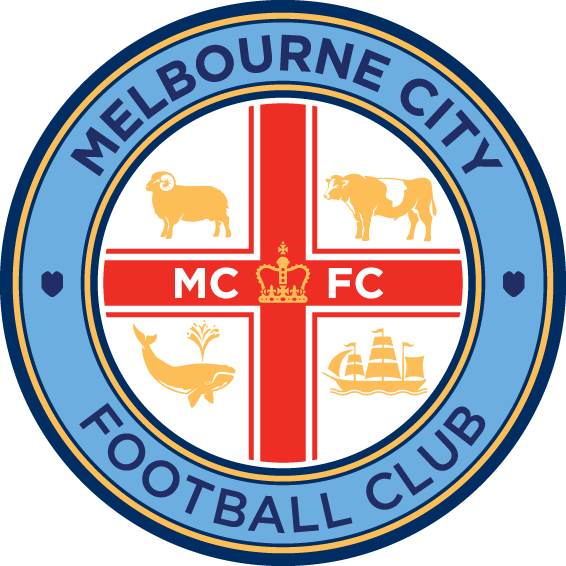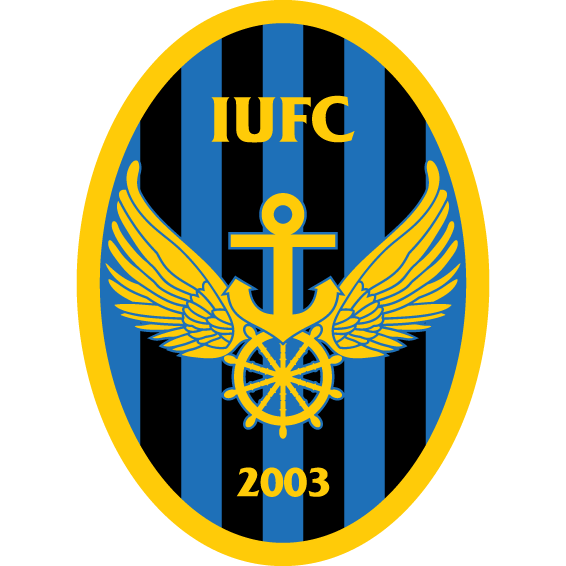
Porter Denies Any Foul Play in Dupont Injury Incident: A Rugby Perspective
Ireland’s prop Andrew Porter has recently addressed the controversy surrounding his involvement in the incident that led to French star Antoine Dupont’s serious knee injury during France’s dramatic Six Nations victory over Ireland in Dublin on Saturday. In response to allegations of foul play, Porter has firmly rejected any suggestion that his actions were in any way malicious or dangerous.
While French coach Fabien Galthie accused Porter and Ireland’s Tadhg Beirne of reprehensible behavior after Dupont’s injury, no sanctions were applied to either of the Irish players. Despite these allegations, Porter has maintained that the incident was a simple rugby mishap, and he has expressed his belief that there was no wrongdoing on his part. Porter’s response has highlighted the difficult and often controversial nature of injury incidents in rugby and the scrutiny that players face in such situations.
The Incident: Porter Responds to Allegations of Foul Play
The incident that led to Dupont’s devastating injury occurred in the 28th minute of the game when the French scrum-half attempted to steal the ball. As Dupont was in a ruck, he was challenged by Tadhg Beirne, who fell onto his right leg. At this point, Andrew Porter joined the ruck, and in the ensuing chaos, Dupont’s knee was trapped and suffered a season-ending injury.
Fabien Galthie, France’s head coach, immediately voiced his opinion that the actions of both Beirne and Porter were “reprehensible.” Galthie even reported the pair to the citing commissioner, though no action was taken during or after the match. The controversy surrounding the incident quickly became a talking point, with many fans and media outlets discussing whether or not the injury was the result of foul play.
However, Andrew Porter has made it clear that he believes he is not at fault. Porter stated that he had no intention of injuring Dupont and stressed that his actions were entirely in line with the laws of rugby. He also expressed his discontent with Galthie’s accusations, particularly the notion that his actions warranted a citing.
“I knew what I did. I didn’t go out to try to injure anyone. That’s not the type of player I am,” Porter said, responding to the allegations. “He [Galthie] can say what he wants, see how far it gets him. I sleep well at night.”
A Rugby Incident, Not Foul Play: Porter Defense

A Rugby Incident, Not Foul Play: Porter Defense
Andrew Porter’s defense of his actions emphasizes that the incident was nothing more than a rugby incident. According to Porter, rugby is a contact sport, and injuries like Dupont’s are part of the unpredictable nature of the game. The Irish prop highlighted the similarities between Dupont’s injury and the career-ending injury suffered by Irish back-row Dan Leavy in 2019. Like Dupont, Leavy’s knee was caught in a collapsing ruck, leading to a serious injury that forced him to retire early from the sport.
Porter pointed out that when Leavy suffered his injury, there was no outcry for a citing or accusations of foul play. He argued that the same standard should apply to the incident involving Dupont, which, in his view, was a simple accident that can happen during the course of a game.
“This [Saturday’s incident] was a rugby incident. I can barely remember exactly what it is. I think it was in a ruck, his leg got trapped in between a ruck, when he was trying to counter it and he obviously just got trapped and went over… but that’s rugby, that happens,” Porter explained.
He further emphasized that the incident was no different from many other injuries that occur during a match, asserting that there was no ill intent from any of the players involved. Porter’s comments highlight the complexities of rugby injuries, which are often unpredictable and sometimes result from the natural dynamics of a ruck or tackle.
Porter’s Reaction to Galthie’s Criticism

I didn’t go out to try injure anyone’ – Porter hits back at Galthié after citing incident
While Porter acknowledged Galthie’s right to have an opinion, he was clear in stating that he did not believe the French coach’s public condemnation was warranted. He felt that Galthie’s comments were overly harsh and that the French coach was being too quick to assign blame.
“He [Galthie] is entitled to his opinion but I know I haven’t done anything wrong there,” Porter said. “He’s such a pivotal player for them that they nearly don’t want him to be touched at all. But that’s not the nature of rugby. Things happen in the game, and that’s just how it is.”
Porter’s frustration with Galthie’s remarks was evident, as he dismissed the idea that he had done anything wrong. He also suggested that the pressure surrounding Dupont’s injury might be amplified due to the scrum-half’s status as one of France’s most influential players. For Porter, however, the incident was just another unpredictable moment in a physically demanding sport.
Porter’s Focus Shifts to Ireland’s Final Six Nations Challenge
While the controversy surrounding the incident involving Porter and Dupont has garnered significant attention, the Ireland prop has turned his focus to his team’s final Six Nations match against Italy. After Ireland’s crushing defeat to France, the team now faces an uphill battle to retain their hopes of winning a third successive Six Nations title.
Porter acknowledged that the championship is no longer entirely in Ireland’s hands, but the team is determined to perform to their best ability in their final game. Ireland must secure a victory over Italy in Rome and hope that the results of the other matches, including England’s away game against Wales and France’s final match against Scotland, fall in their favor.
“We can sit around and sulk all we like, but we have another job to do next Saturday. If anything it has emboldened us to go out and put out the rugby we know we can play,” Porter said.
He emphasized the importance of focusing on the task at hand, knowing that Ireland still has a chance to achieve their goal of winning the Six Nations, despite the difficult circumstances.
“We’ve got Italy on their home patch, an incredibly proud team. We’ll go out there to do what we know we can do and put out a performance we can be proud of as players,” Porter added.
Porter and the Bigger Picture: Rugby and Injury Incidents
Porter’s comments shed light on the broader issue of injuries in rugby and how players are often scrutinized in high-stakes situations. Rugby is a game that is inherently dangerous, and injuries are part of the sport’s nature. However, when incidents lead to significant injuries, such as the one suffered by Dupont, emotions can run high, and players may find themselves under intense scrutiny.
For Porter, the focus should be on the spirit of the game and the fact that rugby is an inherently physical sport where accidents can happen. His stance on the matter highlights the complexity of injury-related incidents in rugby, as well as the need for a balanced and measured approach when evaluating whether foul play has occurred.
Despite the ongoing controversy surrounding Dupont’s injury, Porter’s comments reinforce the idea that rugby players must accept the inherent risks of the game. Porter is adamant that there was no ill intent in the incident, and he believes that his actions were entirely in line with the expectations of the game.
Conclusion: Porter’s Perspective on Rugby and Moving Forward
Andrew Porter’s response to the allegations of foul play in the incident with Antoine Dupont underscores the difficult reality of injury incidents in rugby. While Galthie and others have criticized the actions of the Ireland players, Porter has firmly rejected the notion that he was responsible for Dupont’s injury. For Porter, the focus should remain on the game itself and the unpredictable nature of injuries in rugby.
As Ireland looks ahead to their final Six Nations match against Italy, Porter and his teammates are determined to give their best performance and to focus on achieving their goal of a third consecutive Six Nations title. While the controversy surrounding the Dupont injury may linger, Porter’s commitment to his team’s success remains unwavering.
In the end, rugby is a sport of intense physicality, and while injuries are unfortunate, they are often an inevitable part of the game. For Porter, the key is to maintain focus, remain resilient, and continue playing the game with integrity.








































































There are no comments yet. Be the first to comment!